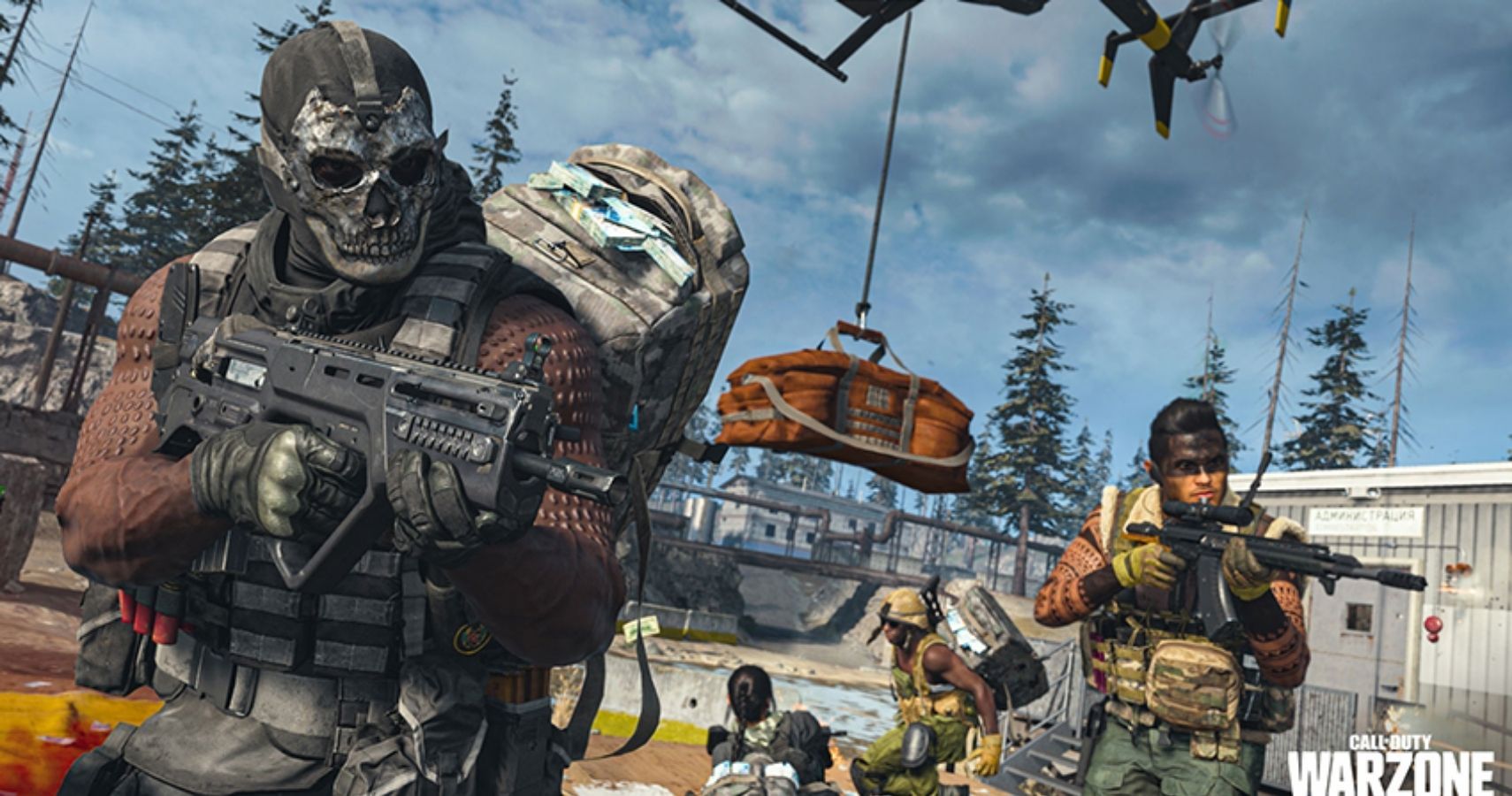Activision is wrapped up in a legal battle with an indie developer following its attempts to register "Warzone" as a trademark. Solo developer Randy Ficker, who launched his own game called Warzone in 2017, refused Activision's offer of $10,000 for use of the name, calling it “completely unreasonable.”
Activision released Call of Duty: Warzone in March 2020, putting it three years behind Ficker’s title. Conflicts arose when Activision applied to the United States Patent and Trademark Office for the Warzone trademark. This brought it to Ficker’s attention, who proceeded to file an opposing claim in October 2020.
Speaking to the Washington Post, Ficker explains why he turned down the offer of $10,000. “I spent about $60,000 on the domain name and legal fees, plus three years of my life into this brand and it hurts business to have to change the title”, the one-man development team said. “I thought we would strike a deal that would at least give me enough money to buy a new domain name.”
Commenting on the case, an Activision spokesperson responded, “The defendant named in this suit has baselessly threatened the company. We do not infringe upon his intellectual property. We are filing this action so the court can reject his frivolous and irresponsible claims.”
Copyright infringement hearings are not as cut and dry as determining who used the name first. Rather a test used in court is whether or not both parties using the term will confuse consumers, such as by leading them to believe that indie game Warzone is in any way related to Call of Duty. This means it could go one of two ways - Ficker could make the point that Call of Duty Warzone is so immensely popular that seeing his own title with the same name could lead gamers to believe it’s just a cheap knockoff, despite releasing first. Alternatively, Activision is arguing that the Call of Duty branding makes its game distinct, and that without that there’s no chance of confusion. It also puts forward that Ficker’s game is not available on console whereas the more popular Warzone is.
A test that is more likely to go in Ficker's favour is whether or not just infringes on his right to monetize his work. This may prove to be a strong argument, since a much larger company using the name game title will make it much harder to advertise the indie Warzone, and therefore pull in fewer consumers.
After failing to reach a settlement last month, the case continues. Most recently, Activision filed another lawsuit against Ficker, which would force him to pay the company’s legal fees. There is currently no set date for the next hearing.

